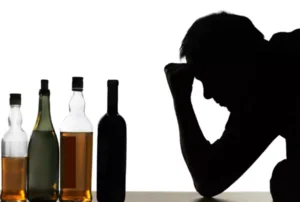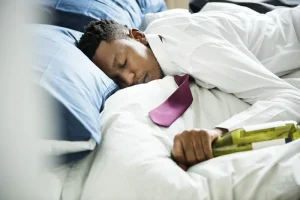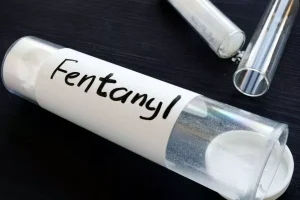
When you are ready for more comprehensive treatment, you should contact a qualified treatment center. Ask friends or family to help you regulate the amount of alcohol you consume when you’re out. Shortness of breath, sweating, elevated heart rate, and dizziness are all signs that you are in a state of dysregulation. GABA neurotransmitters are the primary inhibitors in your central nervous system. Your partner, parents, children, friends, employer, coworkers, doctor, or therapist might confront you about your drinking habits or your behavior when you drink. The symptoms of a hangover, such as nausea and vomiting, dizziness, dehydration, and low blood sugar, can make it hard to function.
- Following your last drink, you can typically expect the first signs of withdrawal to appear within six to 24 hours.
- It’s also no secret that drinking—especially heavy drinking—can bring on feelings of regret the next day.
- Although alcohol doesn’t cause a panic attack directly, it does affect parts of the mind and body that ultimately may contribute to the development of a panic attack, and it does so with more frequency than other types of healthier beverages.
- Most people can expect to see an improvement in their anxiety symptoms in this time as the brain’s balance of chemicals and processes start to return to normal and you experience better quality sleep6.
- The sense of relaxation you feel when you drink can often be attributed to your blood alcohol content (BAC).
Can Alcohol Cause Anxiety or Make it Worse?
Moreover, serotonergic agents have favorable properties, such as being well-tolerated and having virtually no abuse potential. Another welcome characteristic of SSRIs in patients with comorbid AUDs is that, in contrast to TCAs, they do not interact with alcohol to increase the risk of respiratory depression (Bakker et al. 2002). With both SSRIs and SNRIs it is advisable to inform patients that it may take about 1 to 2 weeks before these medications show full effectiveness. In addition, there is a risk of an electrolyte imbalance involving decreased sodium concentrations in the blood (i.e., hyponatremia), which can reduce the seizure threshold. This may be especially relevant during alcohol withdrawal, and clinicians therefore should monitor fluid intake and sodium levels during these periods. Panic attacks themselves are not mental disorders and are fairly common in the United States.
How to Get Help With Alcohol Withdrawal Symptoms

Anxiety, especially generalized anxiety, and alcohol have a complicated connection…. After you’ve spent time adjusting to your lifestyle changes, assess your situation. If all goes well, you should see a significant improvement in both frequency and intensity. If not much has changed, look for consistencies in panic attack triggers so you can avoid them in the future. As previously mentioned, your level of alcohol consumption plays a large role in your risk of panic attacks.
- Various resources recommend a maximum of one or two drinks per day, though it may be more beneficial to eliminate consumption if possible.
- Eventually, dependence needs more of a substance to get the same effects.
- While everyone may experience anxiousness from time to time, a person who has an anxiety disorder often finds their anxiety doesn’t go away and may actually get worse with, or without provocation.
- Everyone is different and may experience various combinations of the above, which are almost always accompanied by an overwhelming sense of fear and anxiety.
- Social anxiety disorder is one of the best examples of alcohol use to ease inhibitions and facilitate social interactions.
Overcome Fear of Passing Out

Studies show that many people with ADHD are prone to “stimming.” Stimming and other repetitive behaviors help some individuals with ADHD regulate their focus or attention. Kapp alcohol and panic attacks et al. (2019) showed that 80% of people diagnosed with Autism Spectrum Disorder (ASD)… This feels like intense tightness, and the sensation is similar to a muscle cramp.
Addiction Resource does not offer medical diagnosis, treatment, or advice. Only trained and licensed medical professionals can provide such services. If you or anyone you know is undergoing a severe health crisis, call a doctor or 911 immediately. Practice deep breathing, mindfulness, and progressive muscle relaxation. When prescribed by a doctor, medication can also help manage symptoms effectively.
Over time, consuming too much alcohol can lead to blackouts, loss of memory, and even brain damage (especially if it causes other health problems, such as liver damage). The more you drink the greater your tolerance for alcohol – meaning you need to drink more alcohol to get the same feeling. If you rely on alcohol to mask anxiety, https://ecosoberhouse.com/ you may find you become reliant on it to relax – putting you at risk of alcohol dependence. In fact, if you’re experiencing anxiety, drinking alcohol could be making things worse. This is a slippery slope that can easily spiral into a devastating addiction, make your panic attacks and anxiety worse in the long term.
Who can prescribe medication?
Coping Mechanisms for Anxiety

Legal Conditions and Terms

